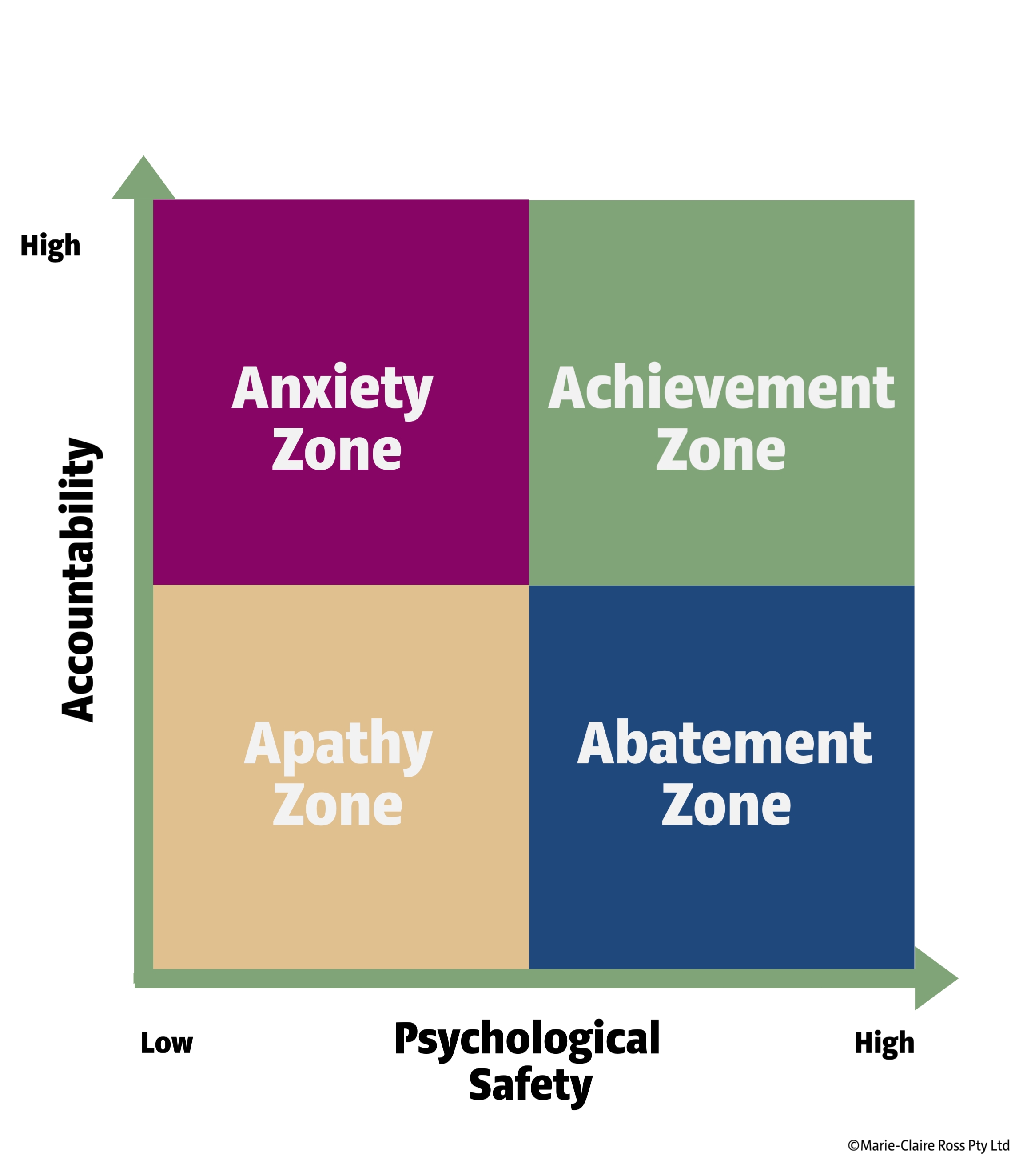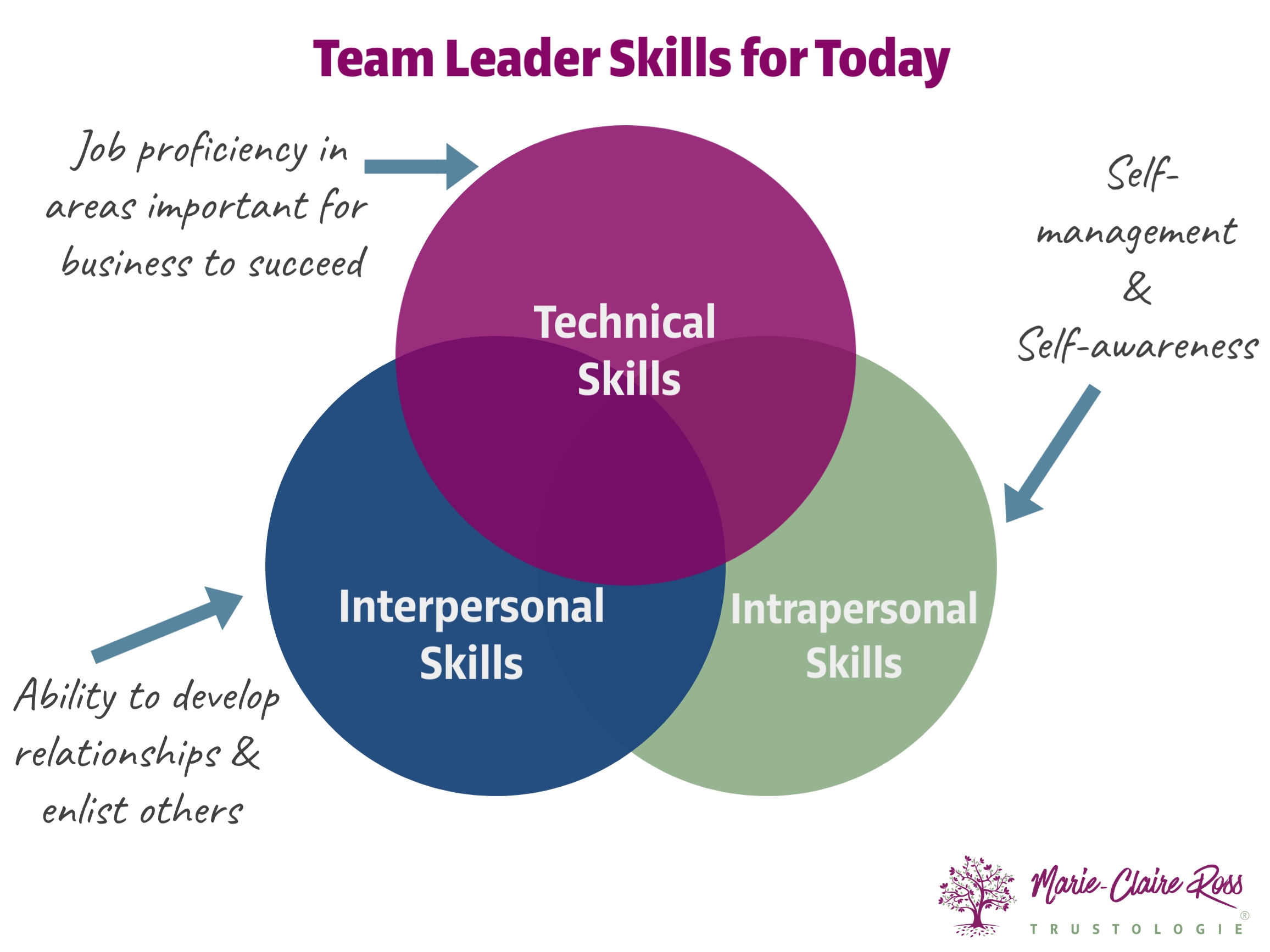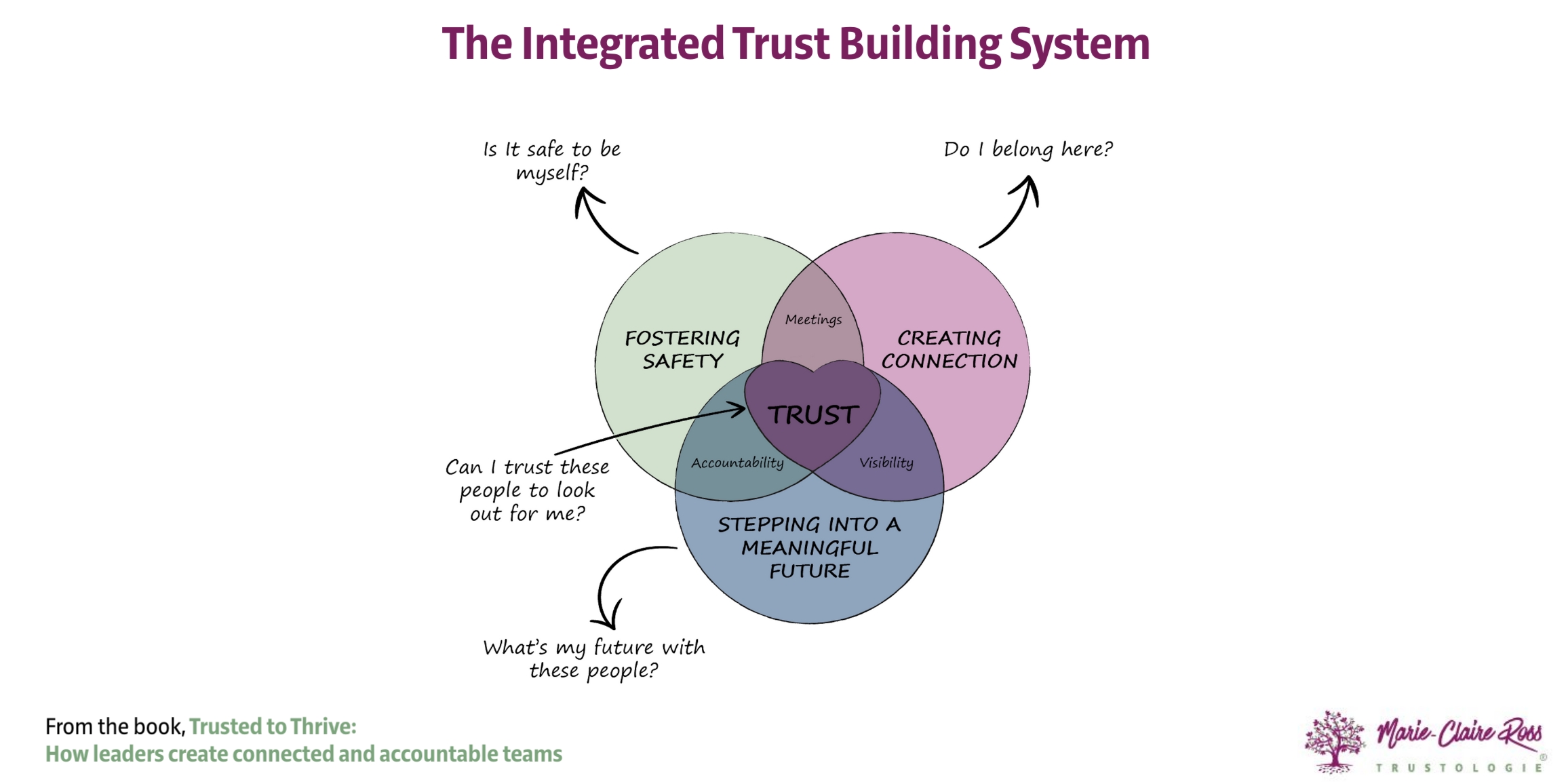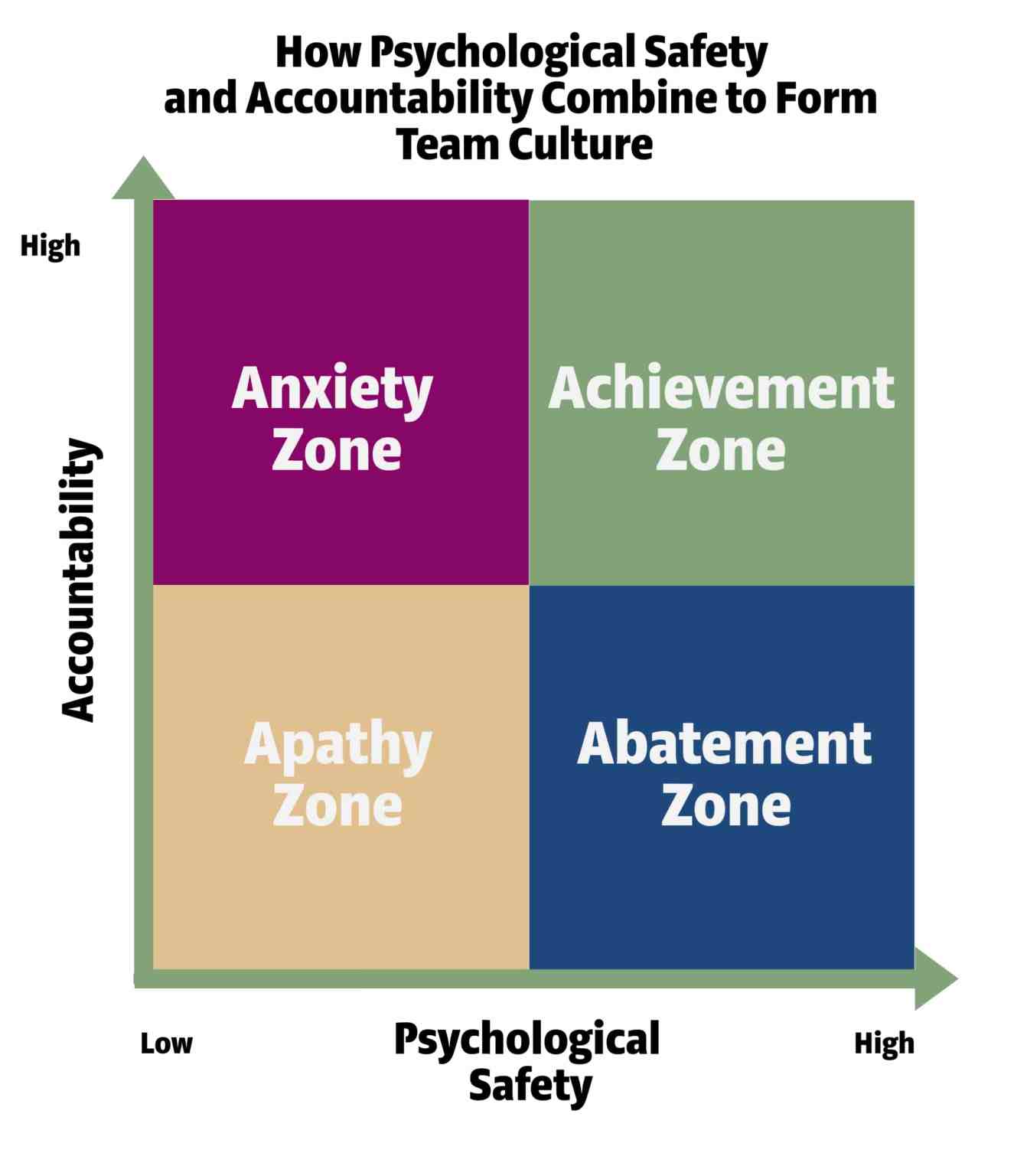
4 min read
4 Powerful Strategies to Successfully Encourage a Difficult Team Member
One of the regular things a leader will ask me for advice on is how to get one of their team members in alignment. This is particularly true for a leader leading a newly formed team or who has been brought in to lead an already established team.
Read More













.jpg?width=3121&height=3121&name=Quote-on-Teamwork%20(1).jpg)




